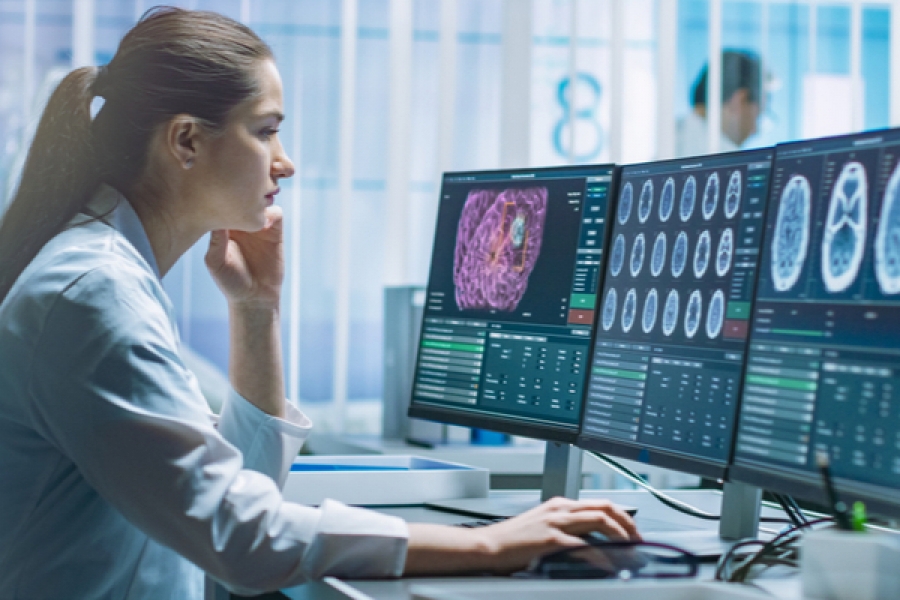Healthcare technology is evolving at a rapid rate, and with it, so are treatment options. Our understanding of the brain—and how it impacts our mood, stress levels, and attention—is growing every day. As more and more studies are conducted about the brain, healthcare providers are realizing now more than ever that many conditions can be treated naturally. If you’re interested in qEEG brain mapping therapy in downtown Denver, you’ve come to the right place.
What is qEEG brain mapping?
qEEG brain mapping therapy is a non-invasive, painless, and safe method of measuring electrical activity in your brain. The qEEG measures the frequency of waves within different parts of the brain. This helps us understand what’s going on inside the brain when we experience certain emotions, thoughts, feelings, or behaviors. The goal of this test is to help identify any abnormalities in the way the brain functions.
How does qEEG brain mapping work?
The electrodes placed on your scalp pick up signals from all over your head. These signals represent the electrical activity happening throughout your brain. A computer then analyzes these signals using complex algorithms to create an image of where those signals originate.
From there, specialized practitioners use their expertise to interpret the results. They may see if there’s something wrong or abnormal with one part of the brain or another. Or they might look for patterns that indicate problems like ADHD or anxiety disorders.
Who benefits most from qEEG?
People who have suffered head injuries or are experiencing seizures can benefit greatly by having their brains mapped using qEEG technology. It’s also useful for people with learning disabilities such as dyslexia, ADHD, and autism spectrum disorders.
And it can even inform clinicians about the root causes of many mental health disorders, including anxiety, attachment disorder, bipolar disorder, and depression.
How long has qEEG been used?
qEEG technology has been used by neurologists since the 1970s. It was originally developed as a tool to diagnose epilepsy. But today, this technology is also being used to treat other neurological issues such as depression, autism spectrum disorder, migraines, sleep apnea, tinnitus, chronic fatigue syndrome, fibromyalgia, post-traumatic stress disorder, and many others.
What will my healthcare providers do with the findings from my qEEG brain mapping therapy?
Your healthcare provider will review the information gathered during your session with you and use it to create a customized brain training program to correct the irregularities. The brain training itself is called neurofeedback.
What is neurofeedback?
Neurofeedback uses bioelectrical signals from the brain to help you learn how to control certain functions such as your attention or your emotions. The goal is for you to become more aware of these processes so that they can be controlled consciously. This process involves real-time feedback about your brainwave activity.
Learn more about qEEG brain mapping therapy in Denver
If you’re interested in learning more about qEEG brain mapping therapy in Denver, reach out to us today at Braincode Centers. Our team is here to help pinpoint the parts of your brain that could be negatively impacting your mood, stress, sleep, attention, or behavior.
Contact us today to schedule your free consultation.

